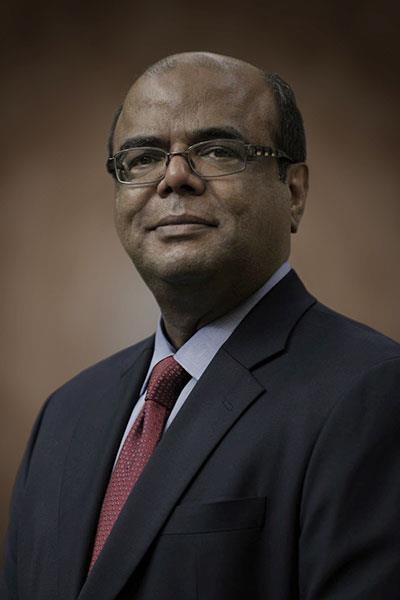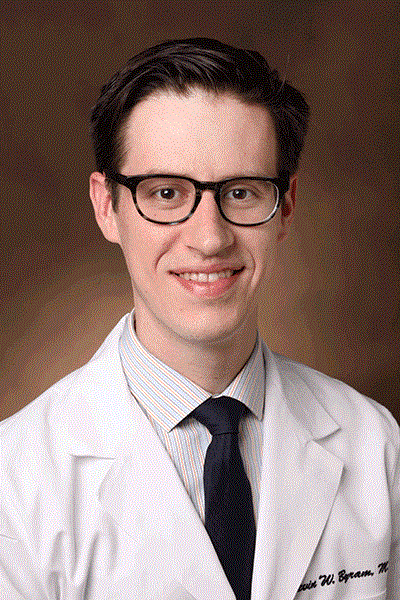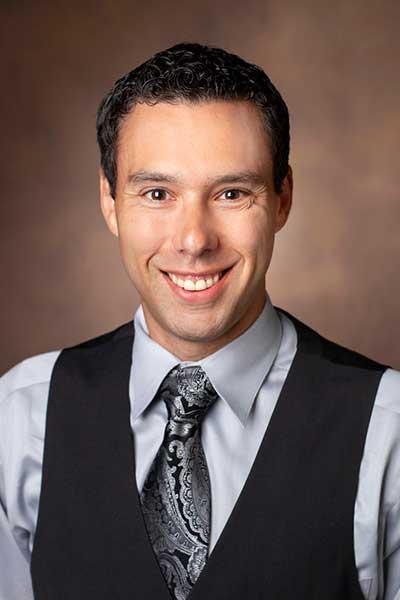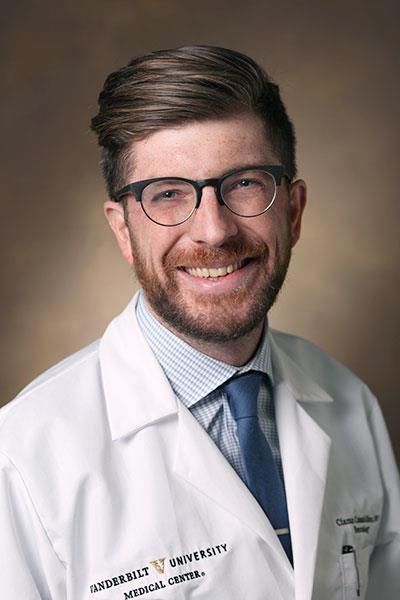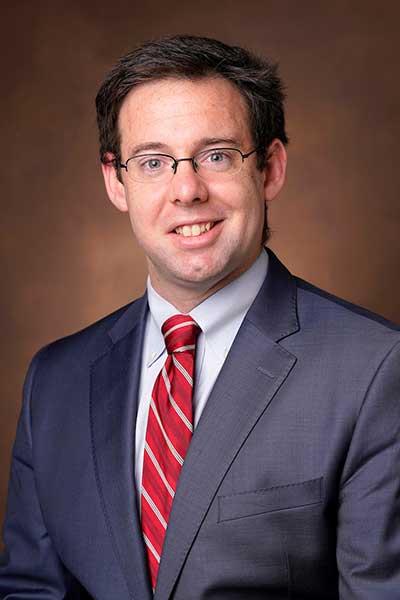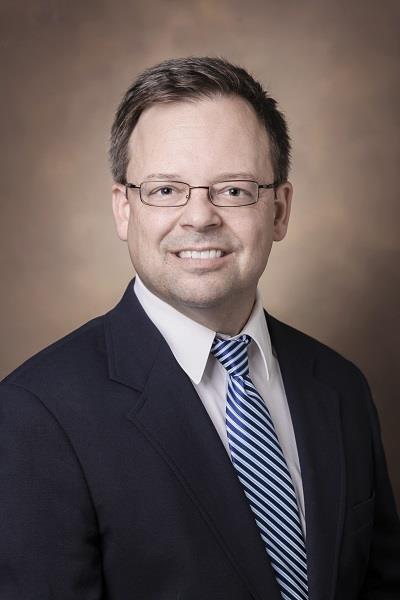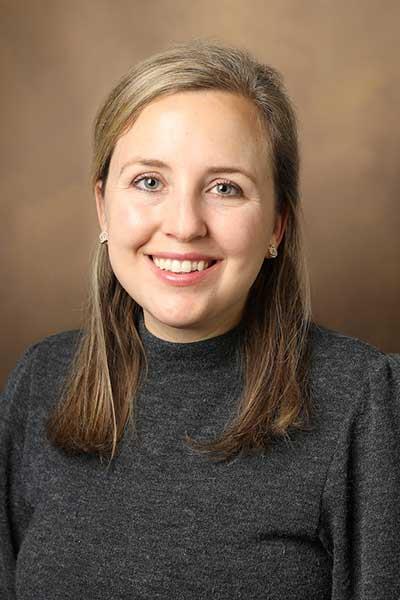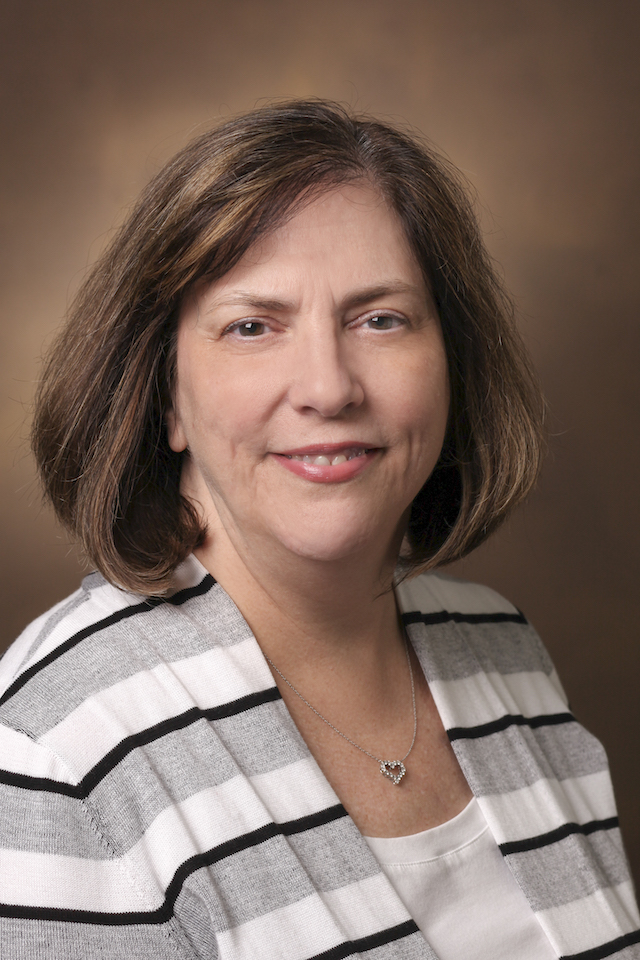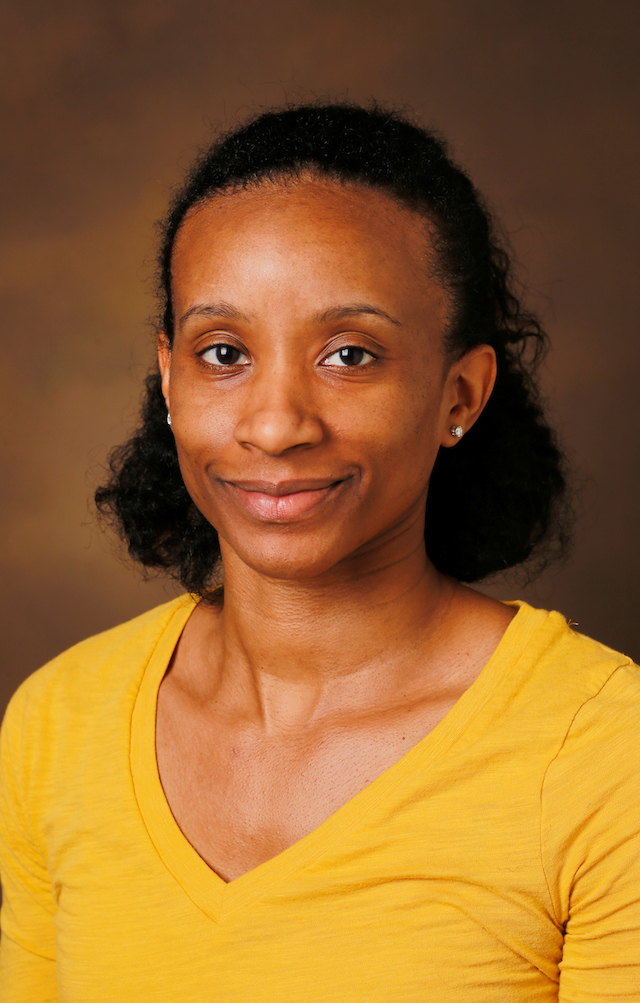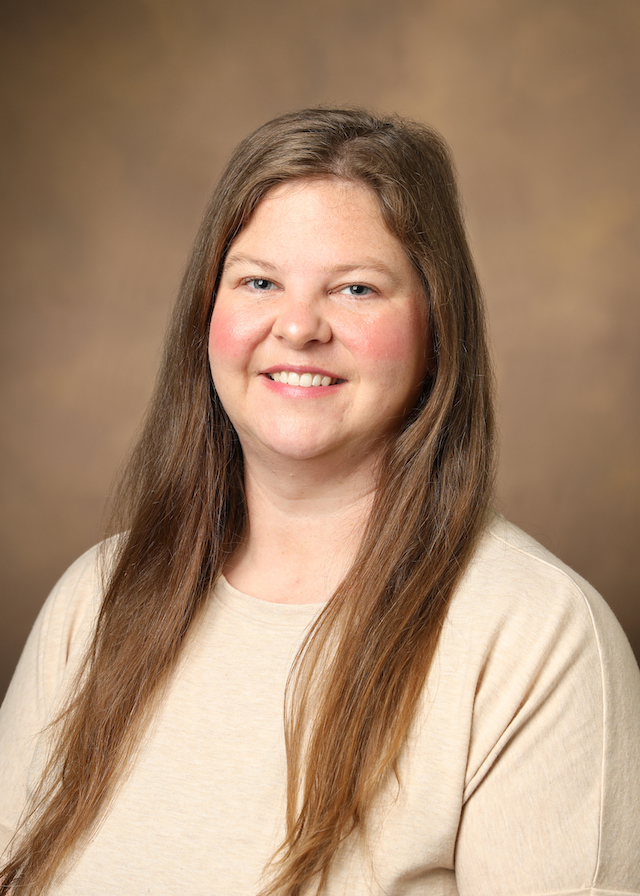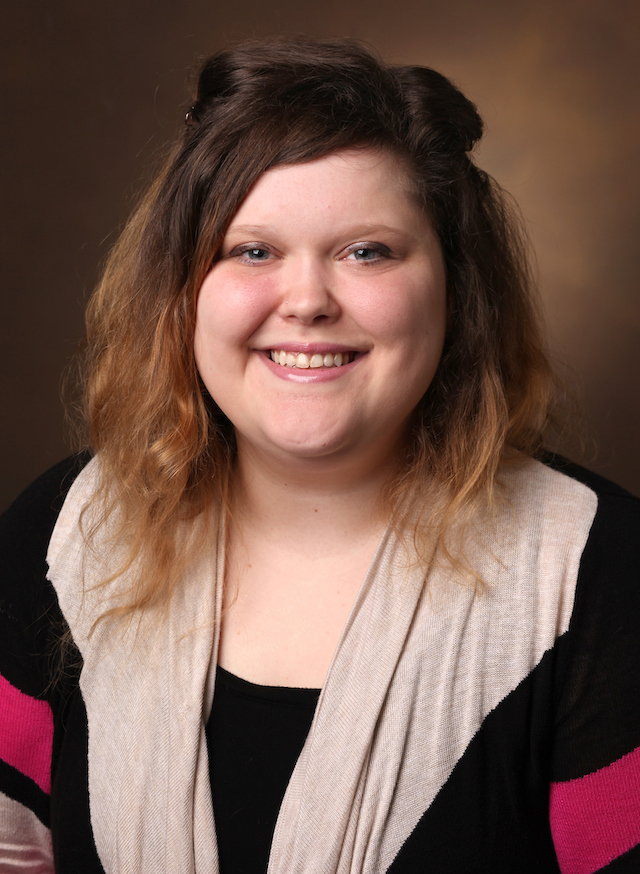Undiagnosed Diseases Program
Overview
The Vanderbilt Undiagnosed Diseases Program exists to solve medical mysteries for patients with complicated conditions and rare diseases. Our goal is to provide answers and offer hope to adults and children whose symptoms have not led other health care providers to solutions. Our patients benefit from a team approach involving experts from across Vanderbilt University Medical Center.
Why Consider the Undiagnosed Diseases Program at Vanderbilt
- Recognized care
In 2021, Vanderbilt University Medical Center was named a National Organization for Rare Disorders (NORD) Center of Excellence, joining an innovative network of 31 medical centers seeking to expand access and advance care and research for rare disease patients in the U.S. Our Undiagnosed Diseases Program is now part of this network, dedicated to the outstanding treatment of rare disease patients and collaboration to improve standards of care, advance research and increase awareness about rare diseases.
- Collaborative care
In addition to the Undiagnosed Diseases Program team, experts from the following VUMC departments and centers may be involved in testing and evaluating patients: The departments of Pediatrics, Internal Medicine, Neurology, Pathology, Surgery, Radiology and Biostatistics; the Center for Precision Medicine; Vanderbilt Center for Structural Biology; and Vanderbilt Genetics Institute – all in all, more than 50 highly trained, dedicated specialists and scientists.
- Personalized approach
Our team recognizes that your diagnostic journey is unique. That’s why we approach each patient referred to our program with a comprehensive and individualized plan. We have found that having a personalized approach is a key to unlocking the mysteries of undiagnosed disorders.
- Leading research
Vanderbilt University Medical Center is one of 12 National Institutes of Health-funded sites in the Undiagnosed Diseases Network (UDN). Vanderbilt’s success with the UDN in solving difficult cases ignited our interest in expanding these efforts to more patients and families. This is why we created the Vanderbilt Undiagnosed Diseases Program. Ranking as one of the top 20 health systems in the country and among the top 10 recipients of federal research funds, VUMC brings together doctors and scientists who are leading experts in their fields. That expertise is vital to the Undiagnosed Diseases Program, which offers state-of-the-art resources unique to VUMC.
Meet Your Care Team
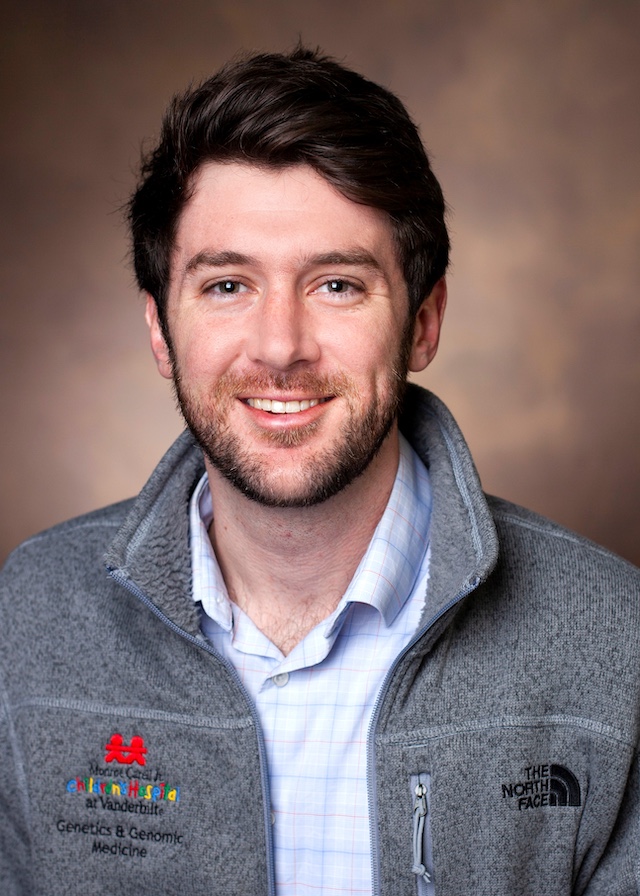
Brian CornerMS, LCGC
- Genetic Counselor
How Do I Apply for the Undiagnosed Diseases Program?
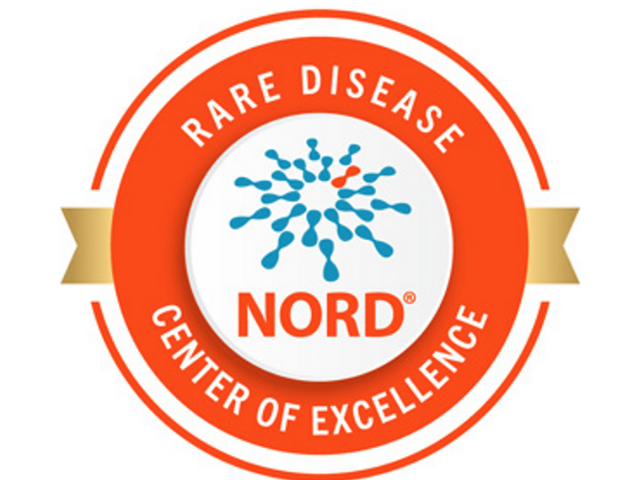 Rare Disease Center of Excellence
Rare Disease Center of ExcellenceVanderbilt University Medical Center has been named a National Organization for Rare Disorders (NORD) Center of Excellence, joining 31 medical centers as part of an innovative network seeking to expand access and advance care and research for rare disease patients in the United States.
Financial information
Insurance covers many services, such as lab tests and diagnostic imaging, that are a necessary part of diagnosing rare diseases. Vanderbilt contracts with many, but not all, insurance companies. If Vanderbilt contracts with the patient’s insurance company and the services are covered by the insurance policy, Vanderbilt will bill the insurance company for those services. We will work with your insurance company to get any “pre-authorizations” needed before you are seen and tests are run. Services not covered by insurance will be billed to the patient. Patients will also be charged an administrative fee for program costs not covered by insurance. We will discuss the anticipated costs with you before you make a decision about participation in the program. Following this, if there are certain services that your insurance company will not cover, we will notify you of the cost before you receive the service.
